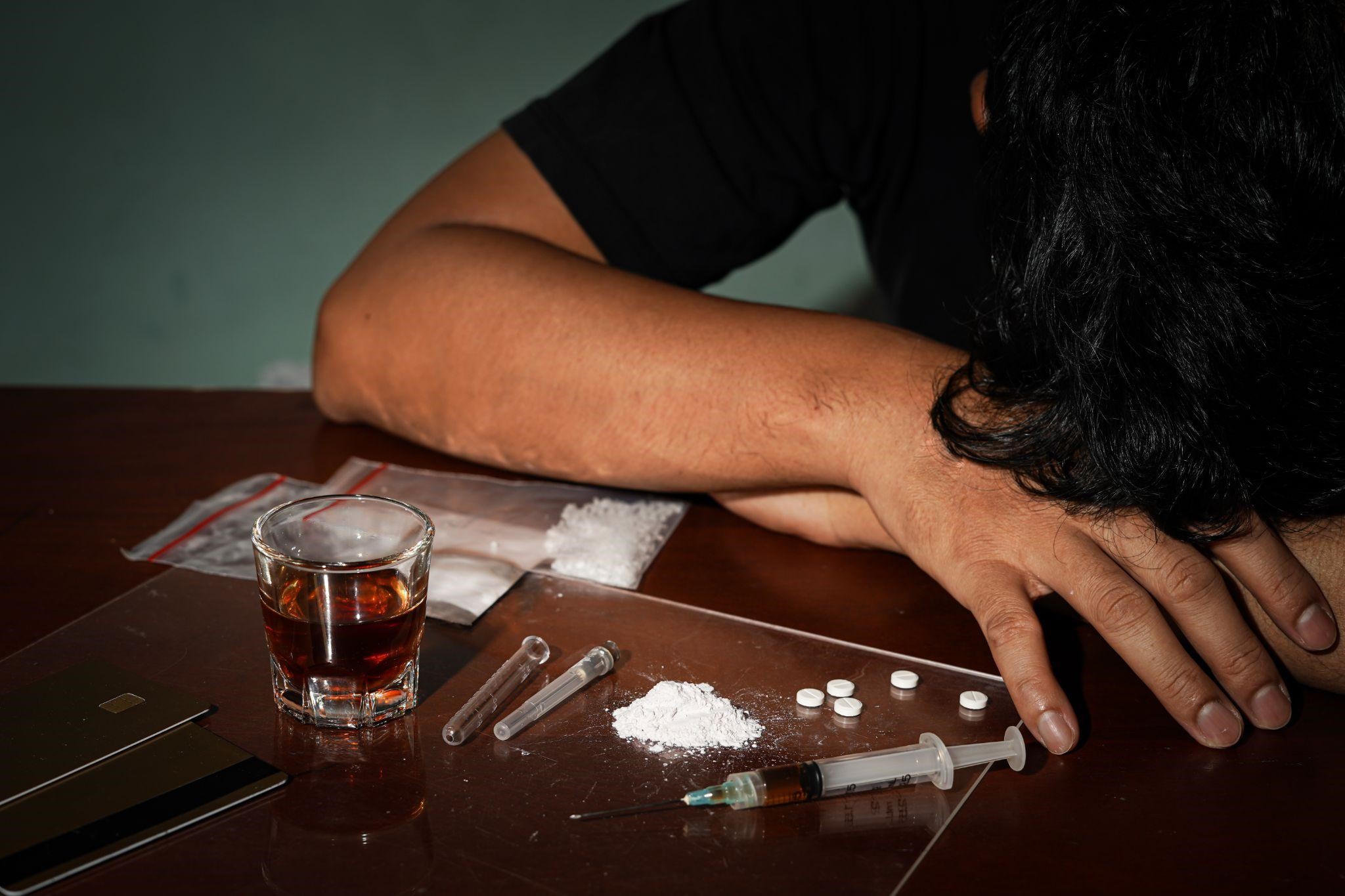Substance abuse in teenagers is a growing epidemic, and it can take a devastating toll on families. As a parent, you may find yourself wondering how to help your child before it’s too late.
The good news? It’s never too early to intervene. By recognizing the warning signs and acting swiftly, you can prevent substance use from taking hold.
Are You Seeing the Signs? How to Spot Teen Substance Abuse Early
Teenagers go through a lot of changes, and it’s easy to dismiss their mood swings or strange behaviour as part of growing up. However, certain signs may indicate deeper problems. Keep an eye out for:
- Dramatic mood swings and irritability
- Social withdrawal or avoiding family activities
- Decline in school performance and skipping classes
- Increased secrecy and reluctance to share personal life
- Physical signs like red eyes, slurred speech, or unusual odours
If any of these behaviours seem familiar, it’s time to take a closer look. Early intervention can make all the difference in preventing your teen from spiralling into a dangerous substance use.
Why Do Teens Turn to Substances? Understanding the Root Causes
So, why do teens start experimenting with drugs or alcohol? The reasons are complex but often stem from:
- Peer pressure: Teens often use substances to fit in with their social circles.
- Stress: Pressure from school, family, and future uncertainties can drive them to seek escape.
- Emotional pain: Family struggles, trauma, or mental health issues often lead teens to self-medicate.
As a parent, it’s crucial to understand the root causes of your child’s behaviour. Creating a safe and open environment where individuals feel comfortable discussing their feelings is essential in helping them resist harmful influences.
Effective Intervention Strategies: What You Can Do
If you’ve discovered that your teen is struggling with substance abuse, the first step is always to stay calm and act thoughtfully. Here’s how you can approach the situation:
1. Start the Conversation with Love, Not Anger
It’s natural to feel hurt or angry when you learn about your child’s struggles, but confronting them with empathy and understanding will have a greater impact. Ask open-ended questions, such as “What’s been going on?” and listen without judgment.
2. Seek Professional Help Immediately
Teens often need professional support to overcome substance use. Don’t hesitate to reach out to a counsellor, pediatrician, or local substance abuse centre. A treatment plan tailored to your teen’s needs is critical for recovery.
3. Set Boundaries and Stick to Them
It’s essential to establish clear rules and consequences in your home. Tough love is not about being cruel; it’s about showing your child that you love them enough to hold them accountable.
4. Explore Treatment Options Early
There are many paths to recovery, including inpatient rehabilitation, outpatient counselling, and support groups. The earlier you intervene, the better the chances for your teen’s success.
5. Don’t Forget About Yourself
As a parent, you may feel isolated or even guilty. You’re not alone. Support groups for parents of children with substance abuse issues are vital. They provide a space to share experiences, gain strength, and learn from others facing similar challenges.
A Real-Life Story of Struggle, Hope, and Healing
In Not My Son, Not on Mother’s Day, Theresa Dove-Waters shares her painful yet inspiring journey of helping her son, Jeff, navigate the treacherous road of substance abuse.
Her book chronicles her experience from the shock of discovering her son’s substance use to seeking professional help and finally finding a path forward. It’s a story that resonates with any parent struggling with a child’s substance use.
If you find yourself in a similar battle, Theresa’s story will offer you hope and remind you that recovery is indeed possible.
Taking Action: How to Move Forward
The reality of teen substance abuse is tough, but it doesn’t have to control your life or your child’s. The first step toward healing is acknowledging the problem. With open communication, professional help, and unwavering love, you can give your child the tools to fight substance use.

Start Your Journey Today
If you’re ready to make a change and take the first step toward supporting your teen, visit Theresa Dove-Waters’ website to explore her book and connect with a community of parents who understand your journey. Don’t wait. Every day counts when it comes to preventing substance use.




